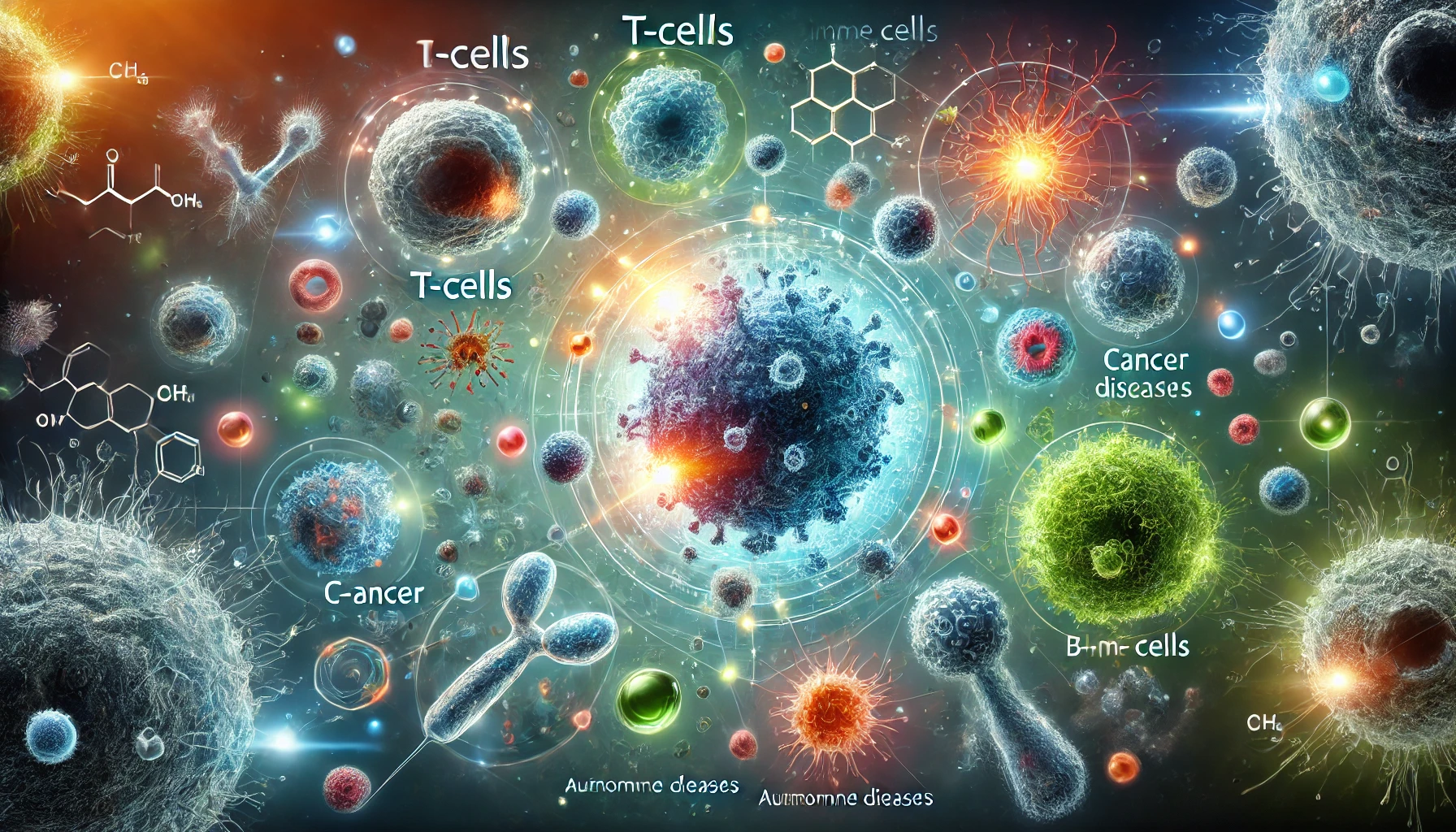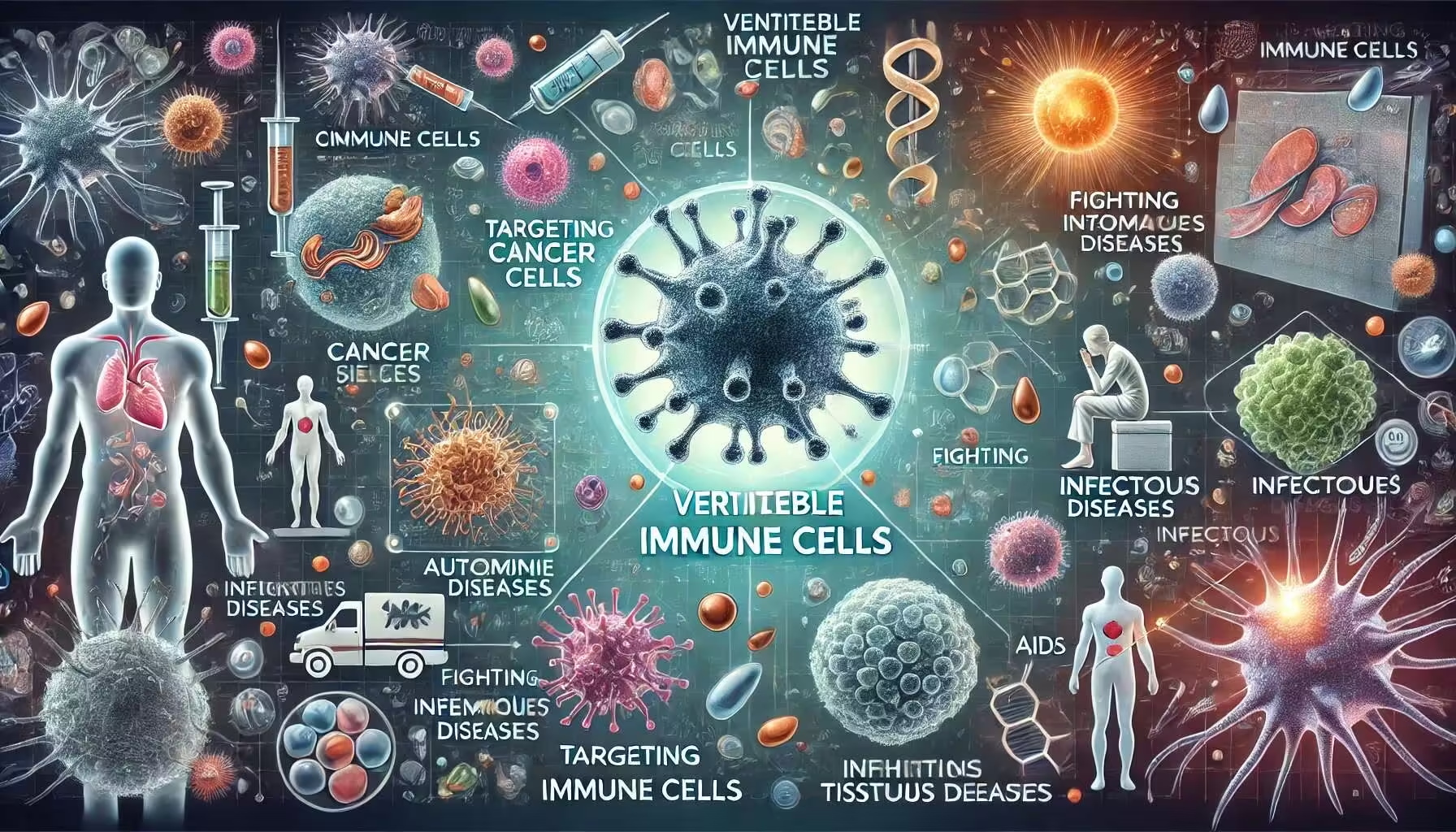Table of Contents
Immune Cell (IC) Discovery: “Potential Applications in Nearly Every Medical Field”
In an exciting breakthrough, scientists have discovered a new type of IC that holds the potential to revolutionize medical treatments across a wide array of conditions. This discovery, which is being hailed as a game-changer, suggests that these versatile IC‘s could be used in treatments ranging from cancer and autoimmune diseases to infectious diseases and beyond. The details of this groundbreaking research can be found in a recent article titled “Immune Cell Discovery: ‘The Potential to Be Used for Almost Everything.'”

The Discovery of Versatile Immune Cells
ICs are crucial for defending our bodies against pathogens and diseases. The newly discovered ICs have shown remarkable adaptability and efficacy, which could pave the way for innovative therapies. These cells possess unique properties that enable them to target and combat a wide range of health issues.
Key Features of the New ICs
- Versatility: Unlike traditional ICs that are often specialized for specific tasks, these newly discovered cells can adapt to various functions, making them exceptionally versatile in medical applications.
- Targeted Action: These immune cells can be engineered to target specific diseases, improving the precision and effectiveness of treatments.
- Enhanced Potency: The cells exhibit a higher potency in combating diseases compared to existing treatments, which could lead to more effective and faster-acting therapies.
Potential Applications in Medicine
The discovery of these versatile immune cells opens up a myriad of possibilities in medical treatments. Here are some of the most promising applications:
1. Cancer Treatment
One of the most exciting prospects is the use of these ICs in cancer therapy. By engineering the cells to target and destroy cancer cells, researchers hope to develop more effective and less toxic cancer treatments. This approach could potentially lead to breakthroughs in the treatment of various cancers, including those that are currently difficult to treat.
2. Autoimmune Diseases
Autoimmune diseases, where the immune system mistakenly attacks the body’s own tissues, could also benefit from this discovery. These versatile immune cells could be programmed to modulate the immune response, reducing inflammation and preventing tissue damage in conditions such as rheumatoid arthritis, lupus, and multiple sclerosis.
3. Infectious Diseases
The global fight against infectious diseases, including emerging viruses and antibiotic-resistant bacteria, could see significant advancements with the help of these immune cells. Their ability to be tailored for specific pathogens means they could be used to develop targeted therapies that are more effective than current treatments.
4. Regenerative Medicine
In the field of regenerative medicine, these immune cells could play a crucial role in tissue repair and regeneration. By harnessing their versatility, researchers aim to develop treatments that can repair damaged tissues and promote healing in a variety of conditions, from traumatic injuries to degenerative diseases.
The Future of Immune Cell Therapy
The discovery of these versatile immune cells marks a significant milestone in medical research. While the potential applications are vast, it is essential to continue rigorous research and clinical trials to fully understand their capabilities and ensure their safety and efficacy. The future of immune cell therapy looks promising, with the potential to transform how we treat a wide range of diseases and improve patient outcomes.
For more detailed information on this groundbreaking research, you can read the full article on the discovery of these immune cells here.
More blogs: https://sleepingsirens.com

